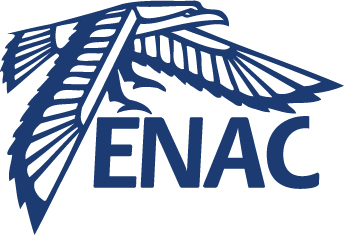Preliminary Assessment of Fuel-Efficient Arrival Trajectories Accounting for Current Aircraft State
Résumé
The continued increase of air traffic, which doubles every 15 years, has produced economic benefits but poses environmental issues that put at risk the sustainable development of air transport. Factors such as jet fuel prices volatility, the introduction of new environmental regulations and in- tense competition in the airline industry incentive the research on ight e_ciency topics. Despite fuel costs in descent and approach phases are minor than those in cruise phase, flight crew high-workload during these phases often lead to energy mismanagement resulting in inefficient flight operations. This paper proposes an optimization algorithm that generates fuel-efficient arrival trajectories accounting for the current aircraft position. Results show 13% fuel savings compared with a best-in-class Flight Management System and, at the same time, descent time is reduced by 1%. A preliminary assessment has been conducted in the ight simulator with the aim of validating the operational feasibility of the computed trajectory. Data post-analysis suggest that the trajectory is flyable with current flight controls and guidance laws although idle margins shall be readjusted to ac- count for accelerations during descent. This paper may constitute a solid background for the likely development of flight efficiency functions for the future generation of avionic systems.
Domaines
Automatique
Origine : Fichiers produits par l'(les) auteur(s)
Loading...
